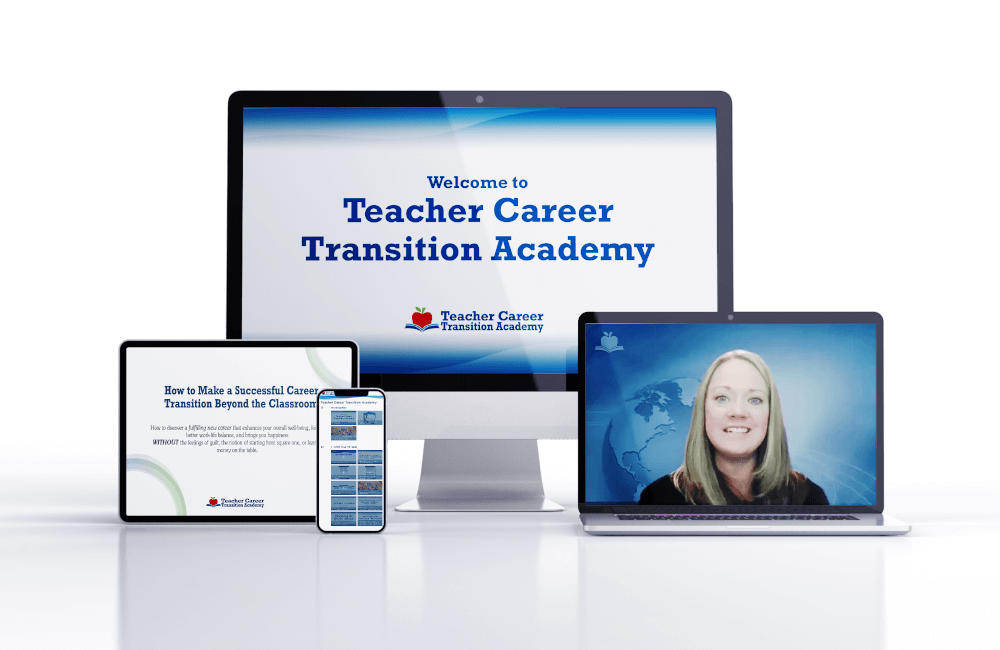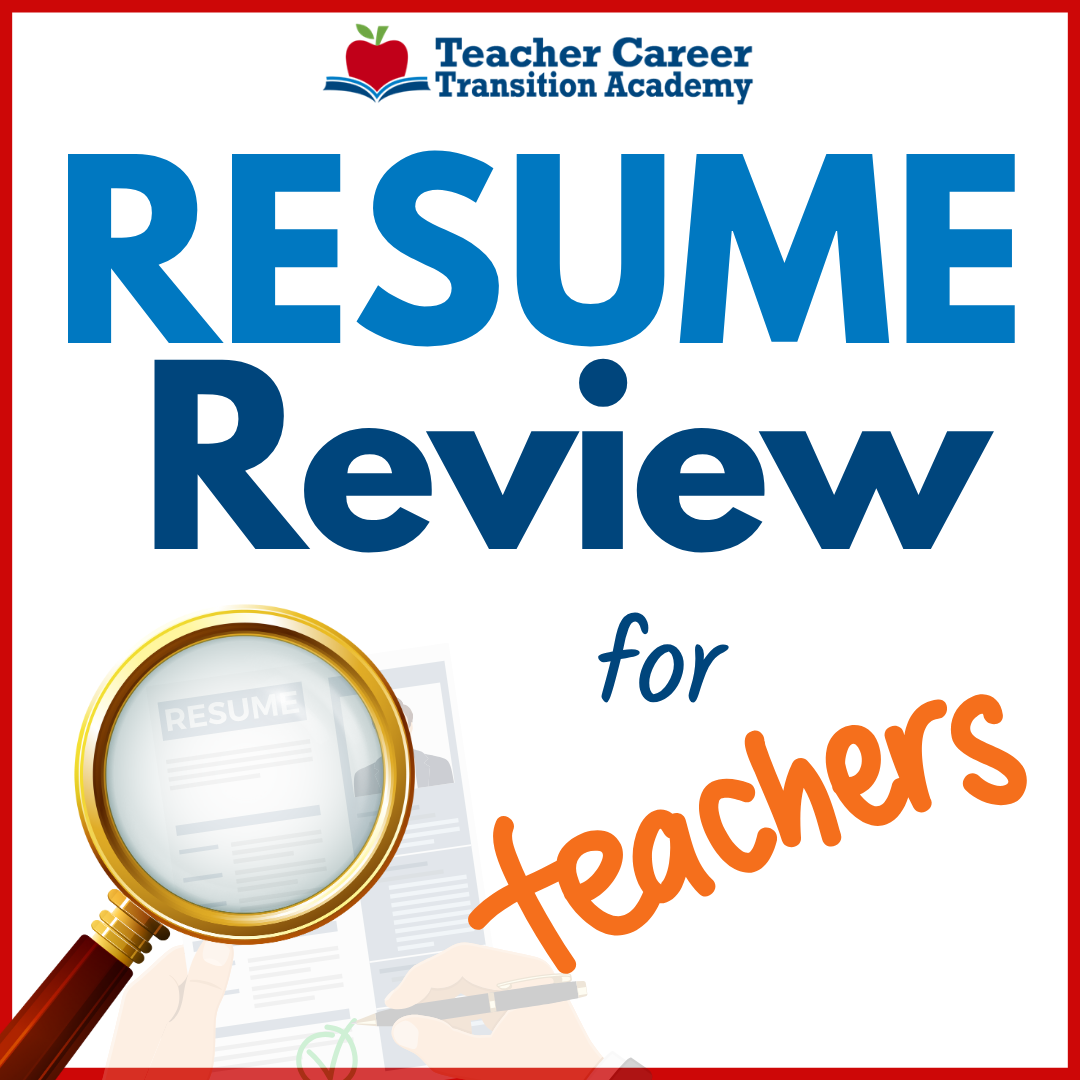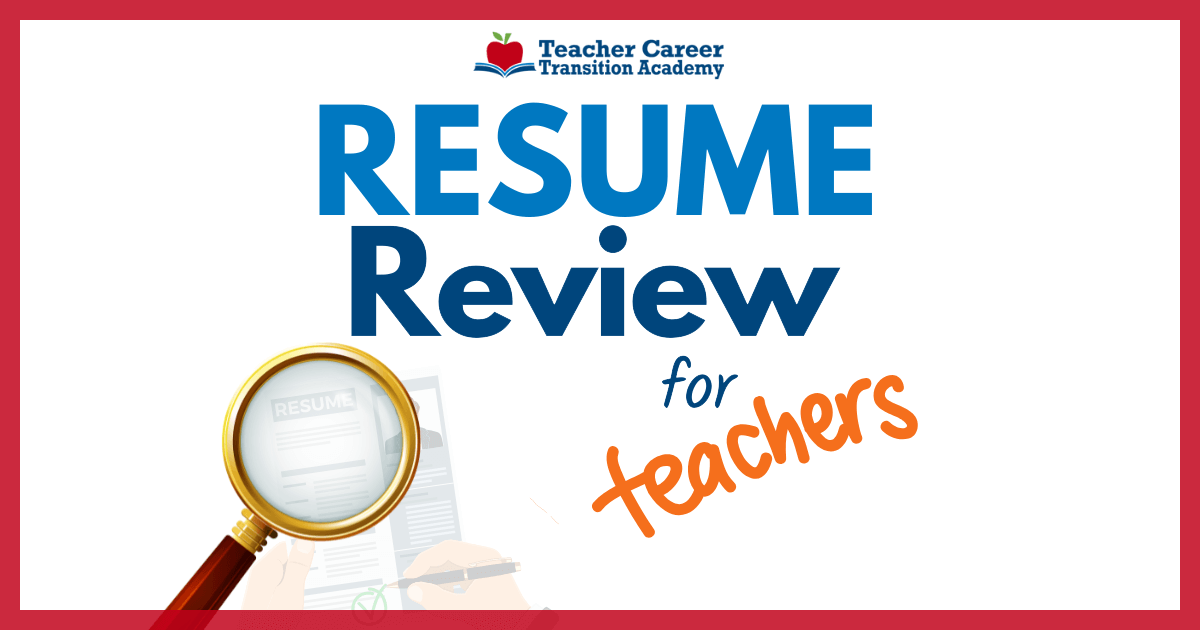
When it comes to creating a resume, the professional summary is often the first thing that hiring managers will read. It's a brief snapshot of who you are, what you have to offer, and what you want to achieve. Therefore, it's important to make it count. In this blog post, we'll discuss how to write a professional summary that highlights your qualifications and sets you apart from other applicants.
1. Use Language from the Job Posting
One of the best ways to make your professional summary stand out is to use language from the job posting. This demonstrates that you've read and understood the requirements of the position and are a good match for it. For instance, if the job posting specifies a bachelor's degree in communication or a related field and four years of experience managing customer relationships, make sure to mention those qualifications in your summary.
One of the best ways to make your professional summary stand out is to use language from the job posting. This demonstrates that you've read and understood the requirements of the position and are a good match for it. For instance, if the job posting specifies a bachelor's degree in communication or a related field and four years of experience managing customer relationships, make sure to mention those qualifications in your summary.
2. Summarize Your Qualifications and Responsibilities
Your professional summary should be concise and to the point. It should summarize your qualifications and responsibilities in a few lines. To do this effectively, review the job posting and identify the key qualifications and responsibilities listed. Then, craft a summary that highlights how you meet those requirements.
Your professional summary should be concise and to the point. It should summarize your qualifications and responsibilities in a few lines. To do this effectively, review the job posting and identify the key qualifications and responsibilities listed. Then, craft a summary that highlights how you meet those requirements.
3. Use Relevant Keywords
In addition to using language from the job posting, it's essential to include relevant keywords in your summary. Keywords are the words and phrases that recruiters and hiring managers use to search for candidates. For instance, if you're applying for a marketing position, include keywords such as marketing strategy, data analysis, and customer engagement.
In addition to using language from the job posting, it's essential to include relevant keywords in your summary. Keywords are the words and phrases that recruiters and hiring managers use to search for candidates. For instance, if you're applying for a marketing position, include keywords such as marketing strategy, data analysis, and customer engagement.
4. Highlight Your Accomplishments
A professional summary is a great place to showcase your achievements. If you have any notable accomplishments that are relevant to the job posting, include them in your summary. This could be anything from increasing technology usage data by 10% within two weeks to developing strategic plans that achieved organizational outcomes.
A professional summary is a great place to showcase your achievements. If you have any notable accomplishments that are relevant to the job posting, include them in your summary. This could be anything from increasing technology usage data by 10% within two weeks to developing strategic plans that achieved organizational outcomes.
5. Make it Unique
Lastly, it's important to make your professional summary unique. Avoid using generic statements that could apply to anyone. Instead, focus on what sets you apart from other candidates. Use your professional summary to showcase your strengths, skills, and achievements.
Lastly, it's important to make your professional summary unique. Avoid using generic statements that could apply to anyone. Instead, focus on what sets you apart from other candidates. Use your professional summary to showcase your strengths, skills, and achievements.
Example of a professional summary for a teacher looking to gain employment in data analysis:
Innovative and results-driven teacher with a keen interest in data analysis seeking a challenging role in the field of data analytics. Proficient in collecting and interpreting data from various sources to identify trends and insights to drive informed decision-making. Experienced in creating and managing databases, analyzing large data sets, and presenting findings in clear and concise reports. Skilled in using statistical software such as R, Python, and SPSS. Strong analytical and problem-solving skills, with the ability to communicate complex information to stakeholders at all levels. Seeking a position in data analysis to utilize my analytical expertise and passion for education to drive data-informed solutions that improve learning outcomes.
In conclusion, as you look to transition careers as a teacher, crafting a professional summary that highlights your qualifications and sets you apart from other applicants is critical. Using language from the job posting, summarizing your qualifications and responsibilities, using relevant keywords, highlighting your accomplishments, and making it unique are all important steps to take when writing your professional summary. By following these tips, you can make a great first impression with hiring managers and increase your chances of landing your desired alternative careers for teachers. Remember to tailor your professional summary to each job posting to showcase why you're the ideal candidate for the position. If you haven’t yet, join LearnWorld’s Facebook Group, Teacher Career Transitions (LearnWorld).
About This Post:
This blog post is based on information shared within the Teacher Career Transition Academy. To learn more about this particular topic, refer to the video title “Transitioning Teachers Guide to Writing Resumes Pt. I” located within the Teacher Career Transition Academy.





